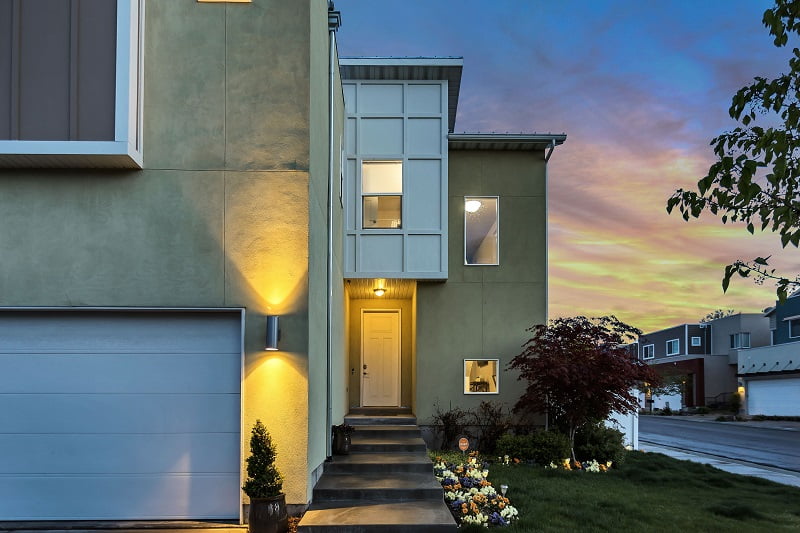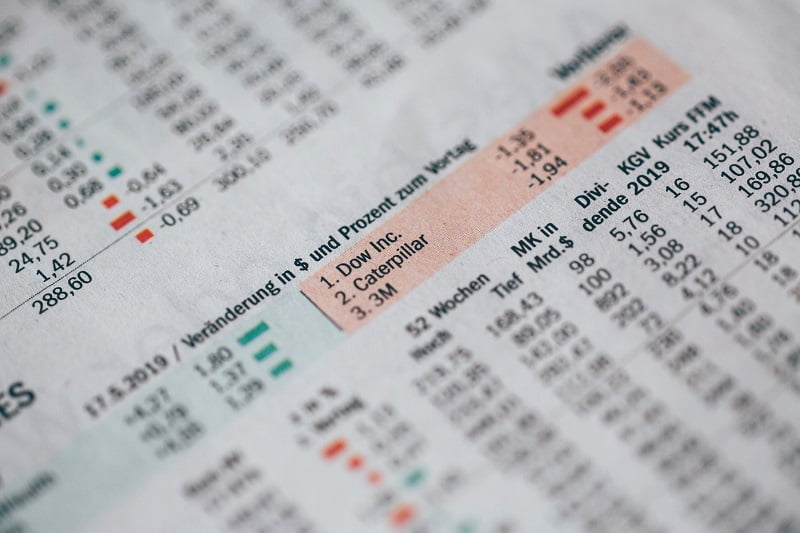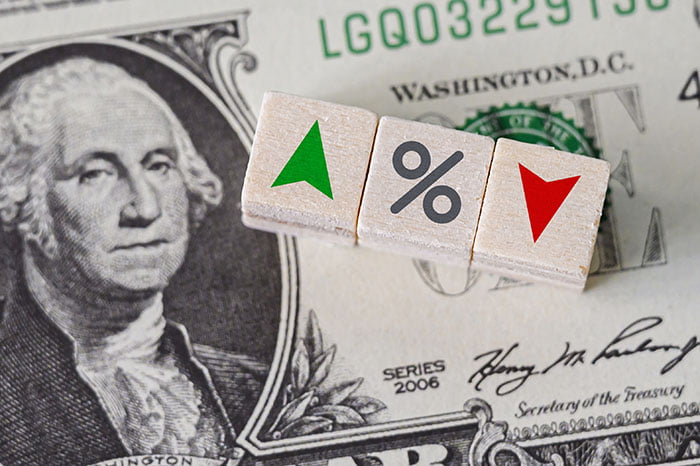
There is no question that investing in real estate can be profitable. However, it is important to be realistic and that you keep your goals achievable.
First of all, you need to keep in mind that you will not make a profit overnight. Secondly, you need to understand that the location of your property will play a critical role in determining how successful you are, and thirdly, the return on your investment also depends on how much money you have to further invest in fixing up the property or keep up with the maintenance.
When it comes to real estate, the primary focus of real estate investor should be on the return on investment. If it is too low, the investment may not be a good idea, but if the return on investment is high, your real estate property could be profitable for a long time, says House Match Real Estate Sales & Property Management.
One of the main reasons why some people fail to make profits in real estate is because they have little or no idea about the return of investment or set unrealistic expectations. But if you have a property that is in a good location and the maintenance costs or upkeep is at a minimum, there are formulas you can use to calculate the return on your investment.
Here are some ways to measure your return on real estate investment:
1. The one percent rule

The easiest way to determine how much money you will make is to use the one percent rule. As per this quick rule, your monthly gross rental income should be at least 1% of your investment.
For example, if you bought an investment property for $500,000, the monthly rental should be at least $5,000. Over 12 months, this equals to $60,000 and even after accounting for all usual expenses, you will still have 6-8% leftover. That can be considered a good return on investment.
2. The capitalization rate

Another formula that is widely used to calculate the profitability of real estate investment is the cap rate. This is basically the ratio of the net income of the investment property to the purchase price.
For example you invest in a home that is worth $250,000 and rent it out for $1,500 a month. After deducting the maintenance fees, you are left with a net monthly income of $1,000 or $12K over 12 months.
The cap rate, in this case, will be $12,000/$250,000 or 4.8%. Whether this a good rate of investment depends on the location of your property, tenant stability, and how much maintenance is required. In general, experts indicate that a cap rate of about 5% is desirable and the higher, the better.
3. Cash on Cash (CoC) return

Another metric that is also used to calculate profitability from real estate investment is the Cash on Cash (CoC) return. Unlike the capitalization rate, CoC calculates the 12 months returns on your investment based on net income and cash investment.
For example, you obtain a loan of $300,000 with $60,000 down payment. The monthly rent is $1500, and your operating costs are $4,000. The CoC is as follows:
12x $1500-$4000/$60,000 – 23.3%
But on the other hand, let us assume you paid cash for the property: a sum of $300,000 instead of a mortgage. The CoC, in this case, would be 12 x 1500-4000/$300,000= 4.6%. The reason for this variation is because CoC depends on how you finance the property. Most real estate investment experts suggest that a CoC between 8-12% is good.
4. Return on investment (ROI)

Measuring the ROI allows you to assess the efficiency of the investment. This is the gold standard of assessing profitability when investing in real estate.
For example, you buy a real estate property for $500,000 and pay an additional $20,000 for things like closing fees, lawyer fees, and the initial home insurance. You rent out the property at $3,000 a month. In this case, the ROI will be as follows:
12 x$3000/$500,000 + $20,000 = 6.9%
Most experts suggest that an ROI between 7-15% is good, but others insist that it should be higher than 20%.
The calculation of the profitability of a real estate investment is just one part of the story. The things that matter include the location of the property, size, type of tenants, and the approximate maintenance and repair costs.
If you own a beach resort, you will never be short of tenants, but if you have a property in a crime-infested area, not only will you have difficulty in finding tenants, but these tenants may not look after your property very well.
It is important to do your groundwork well and choose the property with a great deal of thought. If you do your homework, there should not be any reason why you cannot make a profit.

